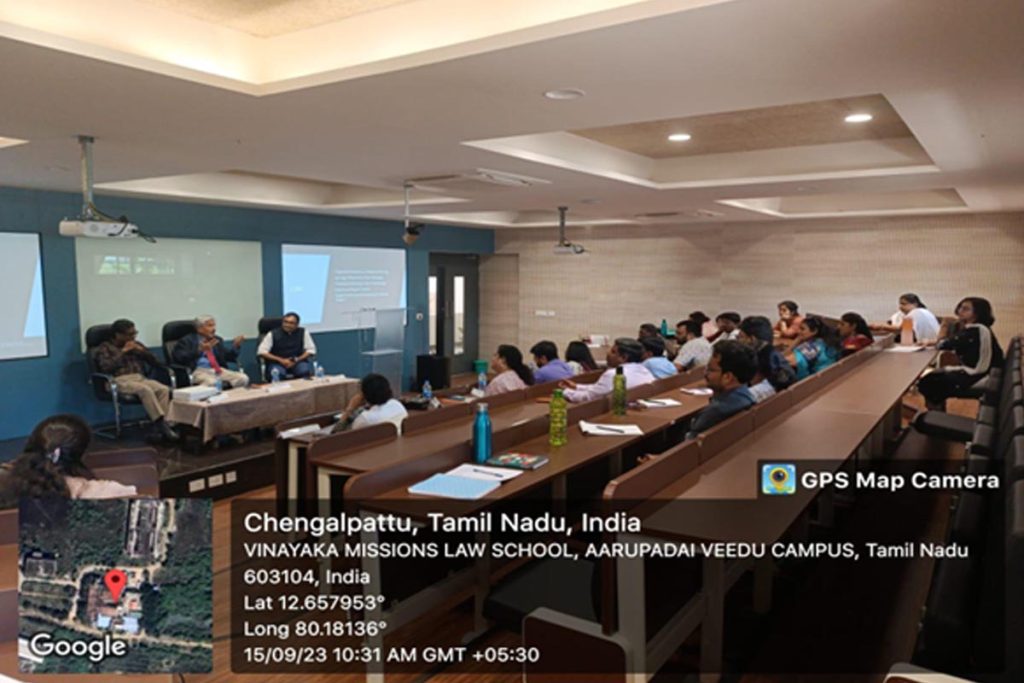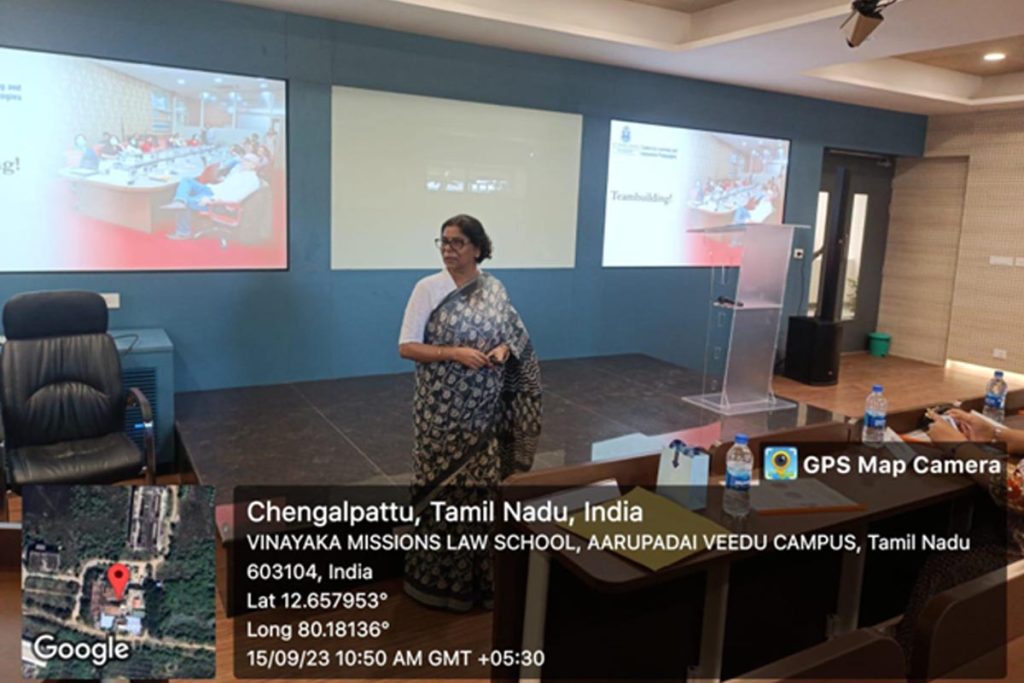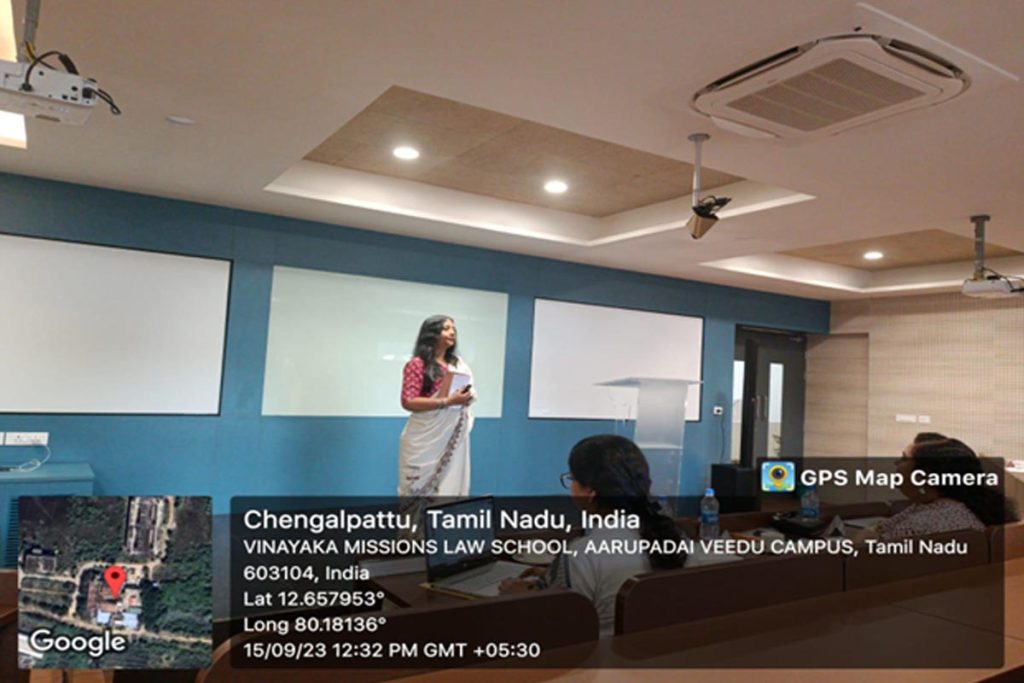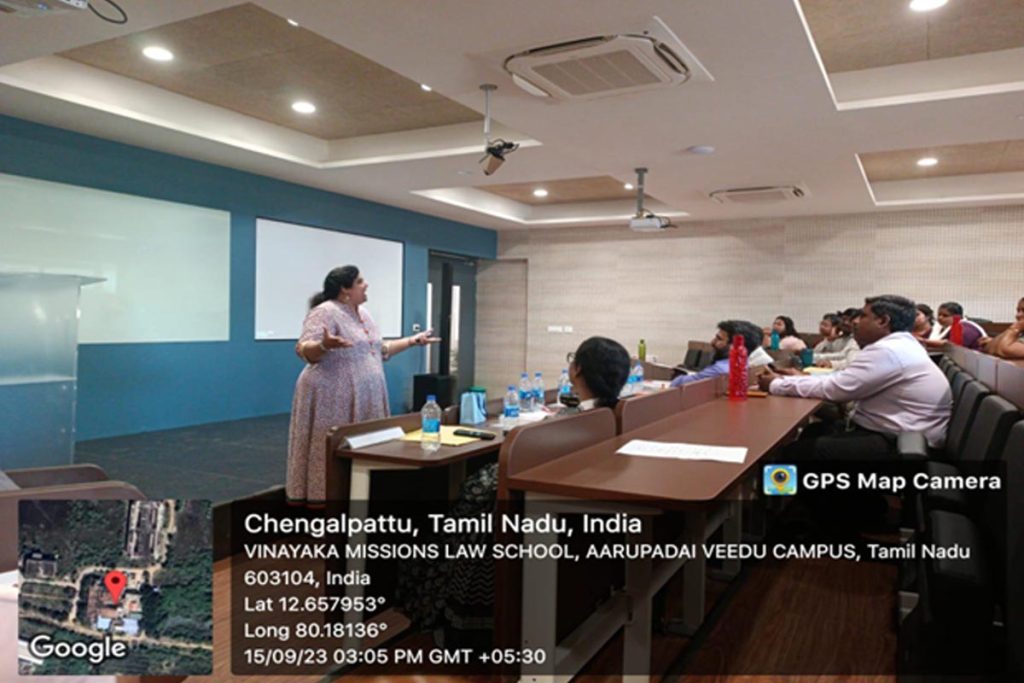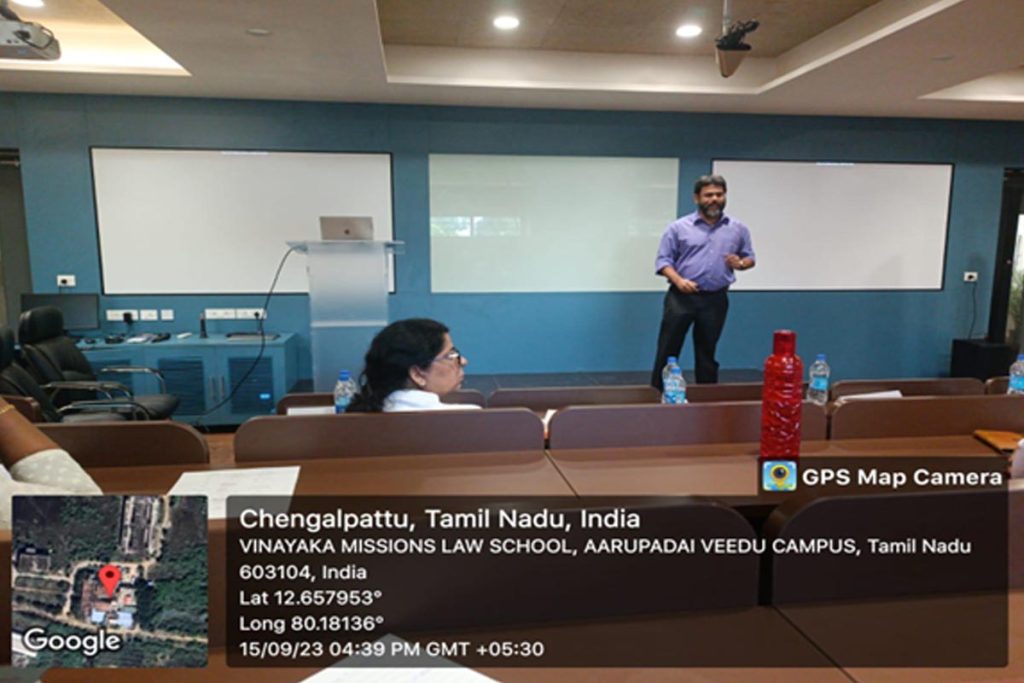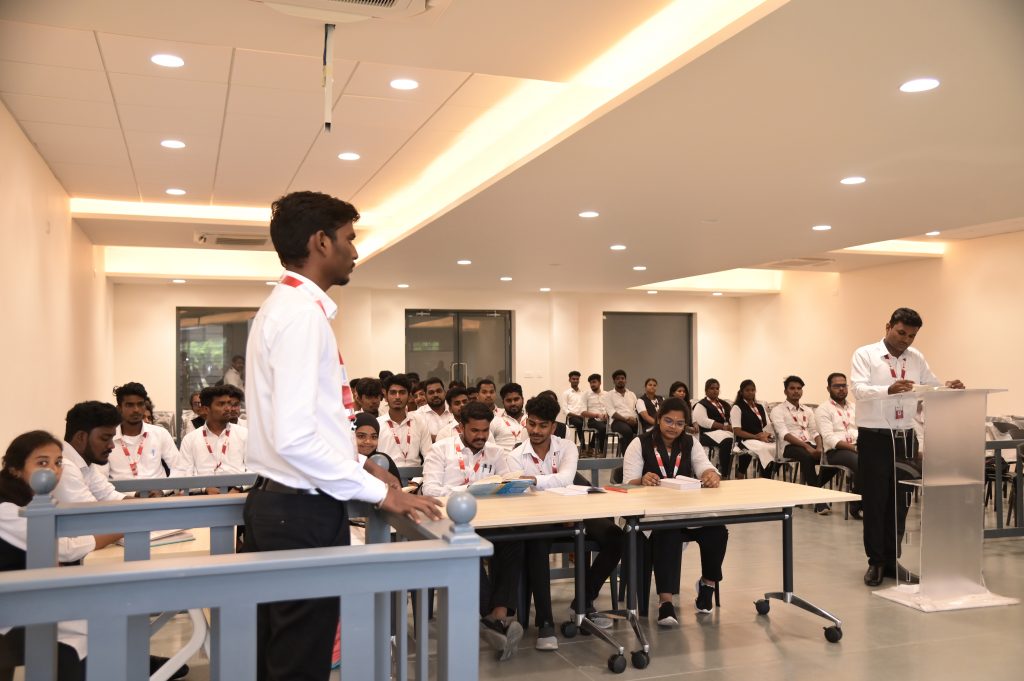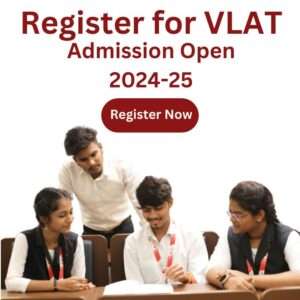Your Path to Legal Excellence
A Comprehensive Guide to BA LLB Course Admission at Vinayaka Mission’s Law School
Welcome to Vinayaka Mission’s Law School, where we foster legal luminaries of tomorrow. If you aspire to embark on a journey towards a career in law, our BA LLB program is your gateway to excellence. This comprehensive guide will walk you through the eligibility criteria, application process, and showcase why Vinayaka Mission’s Law School stands as a beacon of legal education.
Eligibility Criteria:
To pursue the BA LLB program at Vinayaka Mission’s Law School, candidates must fulfill the following eligibility criteria:
Academic Qualifications:
Applicants must have successfully completed their Higher Secondary Examination (10+2) or its equivalent from a recognized board with a minimum aggregate score of 50%.
Age Limit:
There is no upper age limit for admission, but candidates must meet the age criteria specified by the Bar Council of India.
Application Process:
Online Application:
- Visit our official website and navigate to the admissions section.
- Fill out the online application form with accurate details and upload the required documents.
Document Verification:
After submitting the application form, ensure that all necessary documents, such as
- Mark sheets
- Identity proof,
- Photographs, are submitted for verification.
Entrance Examination:
Candidates need to appear for an entrance examination VLAT – VMRF Law Admissions test conducted by Vinayaka Mission’s Law School. Entrance examination is conducted both online and offline.
Counseling Session:
Shortlisted candidates will be invited for a counseling session where they will receive guidance regarding course structure, fee payment, and other essential details.
Fee Payment:
Upon successful verification and acceptance of admission, candidates are required to pay the prescribed course fees within the stipulated time to confirm their seat.
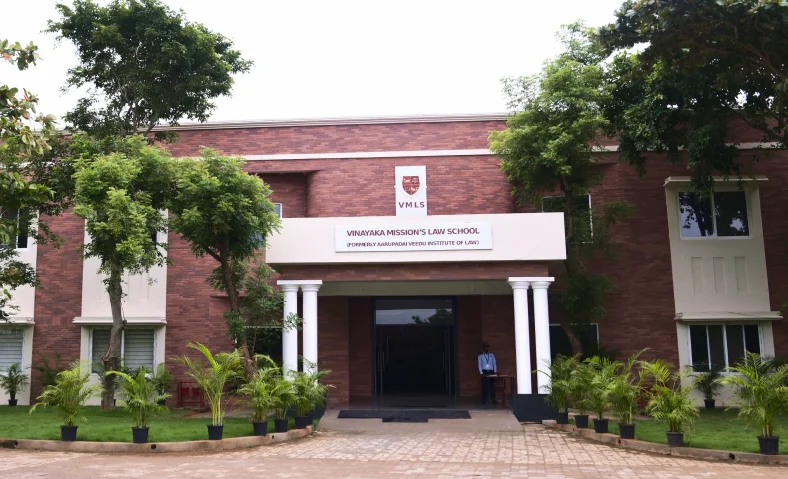
Why Choose Vinayaka Mission’s Law School?
Mentorship Agreement:
Vinayaka Mission’s Law School is a constituent college of Vinayaka Mission Research Foundation, Salem (Deemed to be University). Vinayaka Mission’s Law school is mentored by OP Jindal Global University and Jindal Global Law School.
Reputation and Accreditation:
With a legacy of providing quality legal education, Vinayaka Mission’s Law School is recognized by the Bar Council of India and accredited by NAAC.
Experienced Faculty:
Our faculty comprises esteemed legal scholars and experienced practitioners from International Universities who impart knowledge through a blend of theoretical insights and practical exposure.
Robust Curriculum:
The BA LLB program at Vinayaka Mission’s Law School is designed to equip students with a comprehensive understanding of legal principles, case studies, moot court sessions, and internships to ensure holistic learning.
State-of-the-art Infrastructure:
Our campus boasts modern infrastructure, including well equipped libraries, computer labs, moot court halls, and amenities to facilitate a conducive learning environment.
Internship Opportunities:
We have a dedicated team who assists students in securing internships with reputed law firms, corporate houses, and legal organizations.
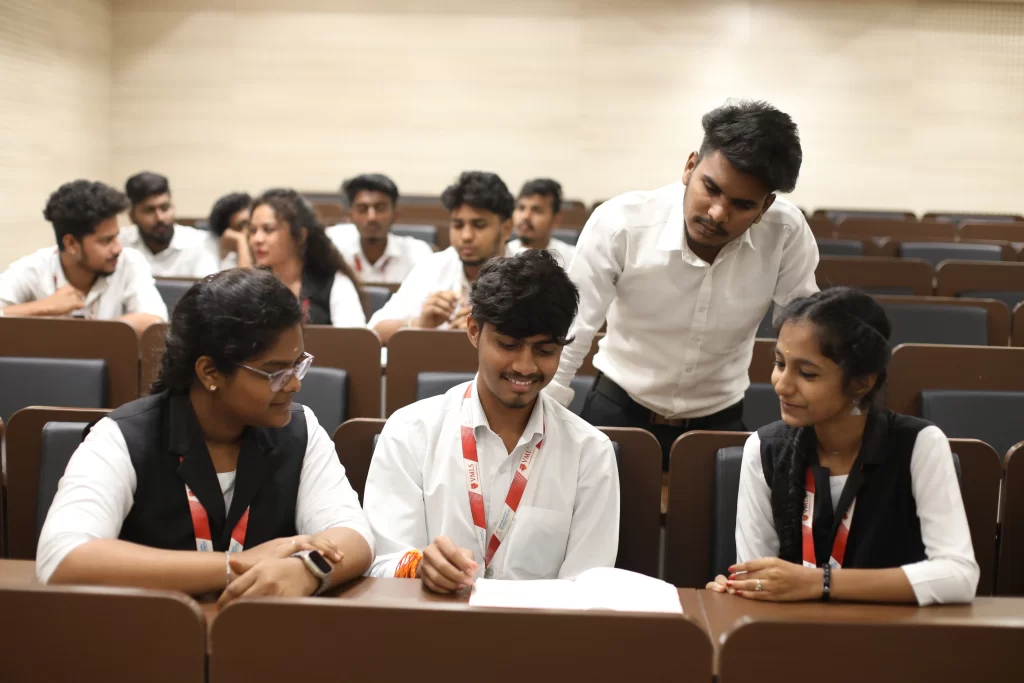
Top Colleges Offering BA LLB Course:
Vinayaka Mission’s Law School ranks among the top institutions offering the BA LLB program in India. However, other notable colleges include National Law Universities (NLUs), Government Law Colleges, and private institutions such as:
- National Law School of India University (NLSIU), Bangalore
- National Academy of Legal Studies and Research (NALSAR), Hyderabad
- National Law University, Delhi (NLU Delhi)
- Symbiosis Law School, Pune
- Gujarat National Law University (GNLU), Gandhinagar
Conclusion:
Embark on your journey towards a rewarding legal career with Vinayaka Mission’s Law School. Our BA LLB program is meticulously crafted to nurture legal professionals who will shape the future of the legal landscape. Follow the steps outlined in this guide to kickstart your academic pursuit and join us in our mission to uphold the principles of justice and equity.
For further information and inquiries, visit our website or contact our admissions office. Your path to legal excellence begins here at Vinayaka Mission’s Law School.





